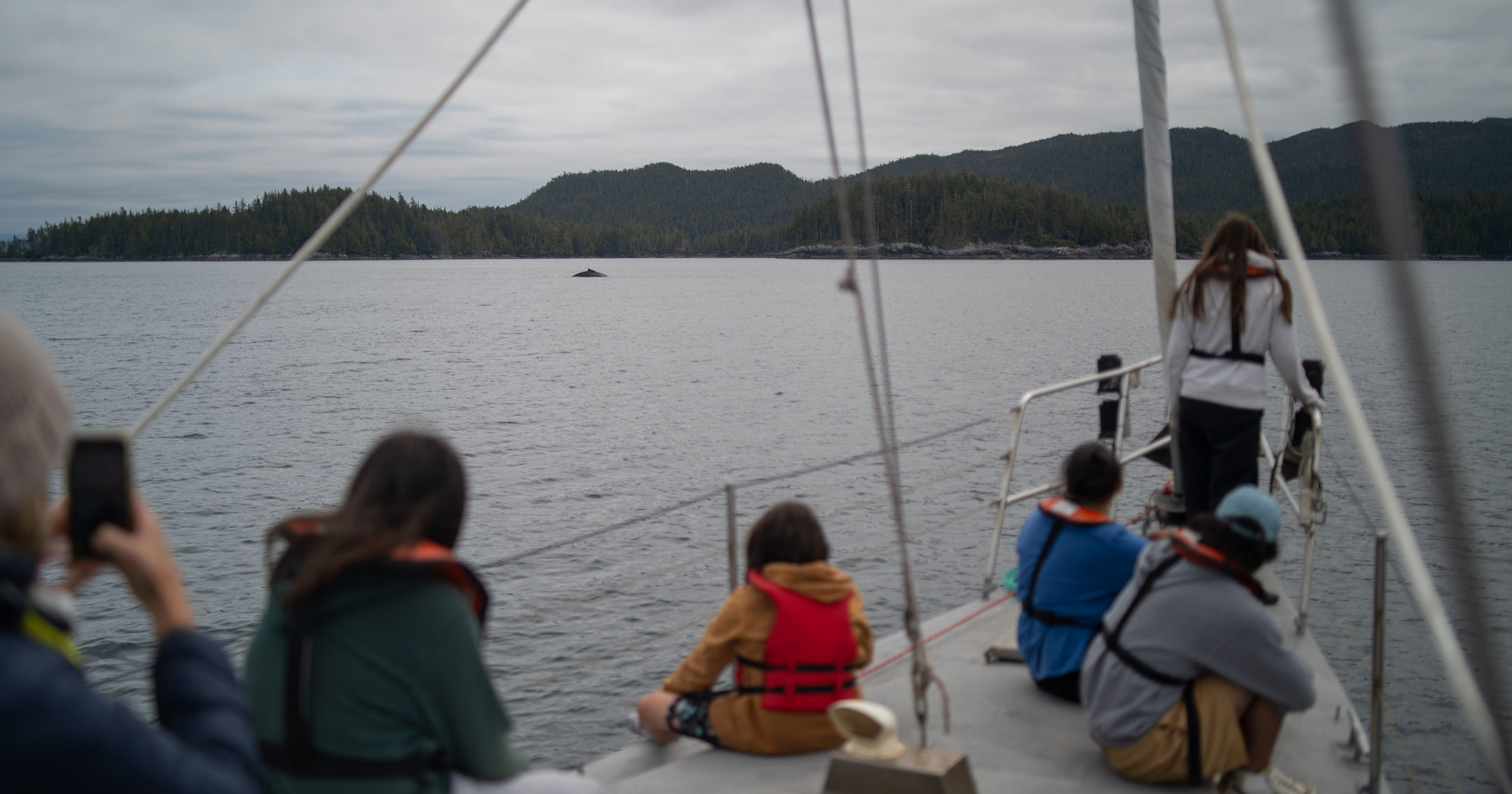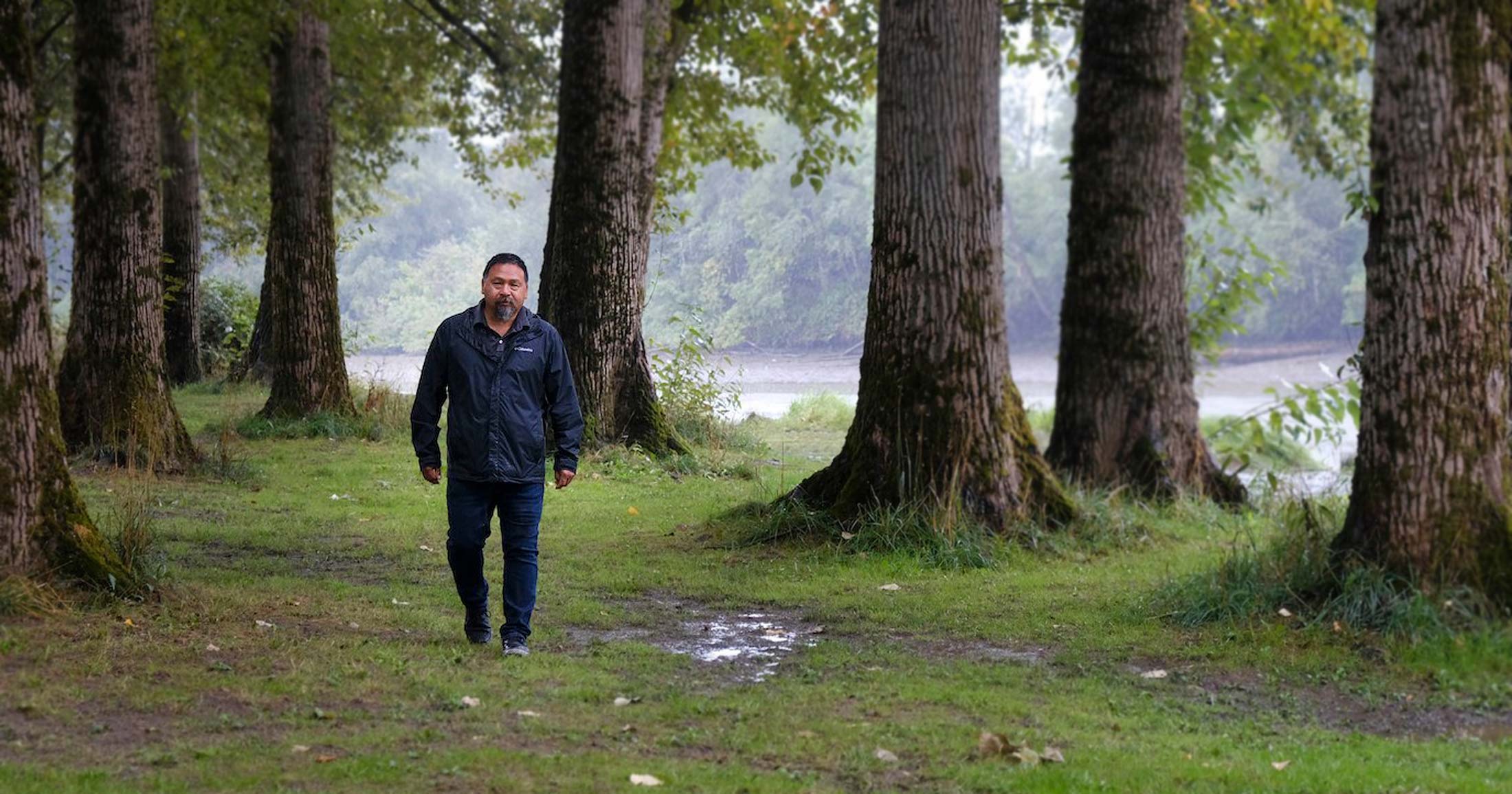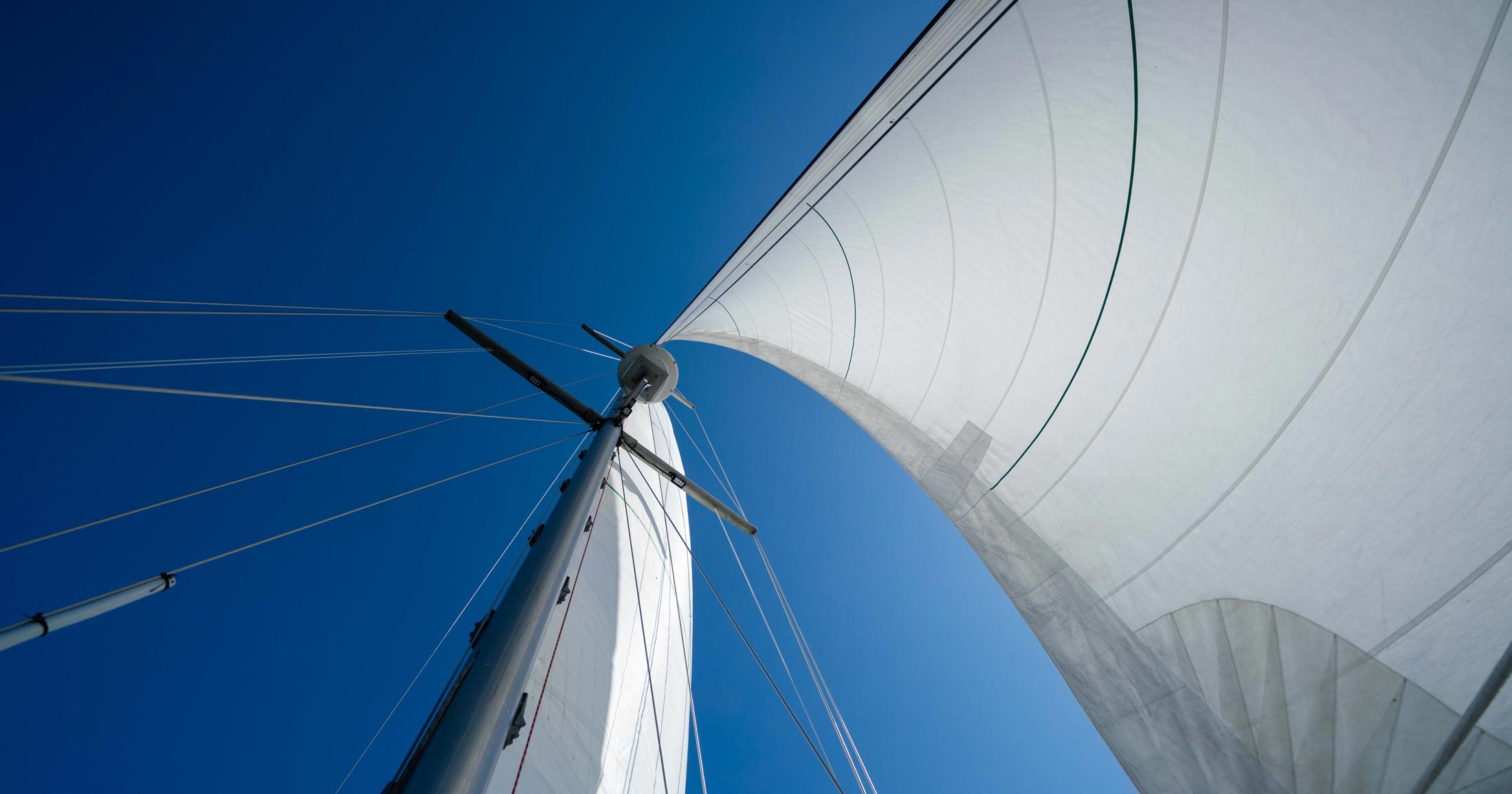Building a culture of marine-mammal safe boating on the coast
This free course can help keep you and wildlife safe while on the water.
Whether you’re boarding a motorized vessel, or hopping into a kayak to enjoy a leisurely paddle, you’re entering the home of marine mammals, and like any good guest, it’s on you to not offend or harm your hosts by knowing and adhering to best boating practices.
Would it surprise you that you can master marine etiquette in just 90 minutes?
Thankfully, the Marine Education and Research Society, with guidance from advisors with expertise in boater safety, education, and marine mammals, has released a FREE course made possible by Transport Canada’s Boater Safety Contribution Program. In just an hour and a half, you’ll gain essential knowledge that can save lives.
Don’t have 90 minutes in a row? No worries! There’s no need to do the course in one sitting. So go grab groceries, walk your dog, then come back to wrap up, receive a certificate of completion, and feel great knowing that you are contributing to a safer coast.

Why take the course?
Foster a safer experience for all
- Marine mammals can become habituated to human behaviour, rewiring their instincts. This can lead to extreme interactions, and too-close-for-comfort calls. To respect wildlife and avoid habituation, minimizing disturbance is vital.
Uphold legal obligations
- Nobody wants to get charged. Know and abide by the laws while reducing stress and danger to Species at Risk (and all marine mammals).
Support marine citizenship
- When you know what to look for, you can report disturbances, and warn others on the water of potential hazards.

What will you learn?
Characteristics and behaviours of marine mammals you may encounter
- There are over 30 species of marine mammals in the waters of British Columbia. The course focuses on those more likely to be seen along the coast. Baleen whales, toothed cetaceans, river otters vs. sea otters … you’ll WOW people with your animal insight!
Rules and regulations
- The relevant laws that work to keep everyone safe
How to responsibly execute a day in the life as a BC boater
- Each step needed to enjoy a ship-shape day on the water, including:
- preparing to embark, before launching, launching, while underway, returning to shore, docking and disembarking
So take the course, share it with friends, and become a better boater and animal ally. Because…
“The most efficient way to increase safety, learning, and respect for marine wildlife, is to reach as many boaters as possible – to have them share with others, be valued eyes on the water, and model best practices… Boater by boater, building a culture of whale-safe boating on our coast.”
You can help
Raincoast’s in-house scientists, collaborating graduate students, postdoctoral fellows, and professors make us unique among conservation groups. We work with First Nations, academic institutions, government, and other NGOs to build support and inform decisions that protect aquatic and terrestrial ecosystems, and the wildlife that depend on them. We conduct ethically applied, process-oriented, and hypothesis-driven research that has immediate and relevant utility for conservation deliberations and the collective body of scientific knowledge.
We investigate to understand coastal species and processes. We inform by bringing science to decision-makers and communities. We inspire action to protect wildlife and wildlife habitats.










